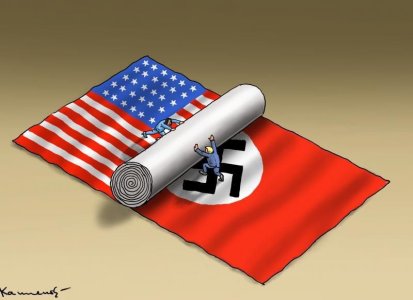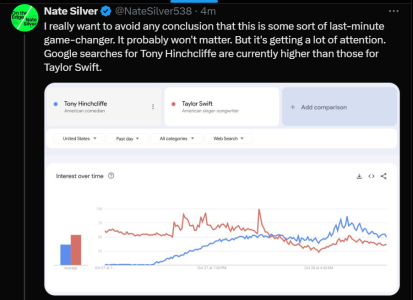“We rarely think about chips, yet they’ve created the modern world,” writes the historian Chris Miller.
He’s not exaggerating. Semiconductors don’t just power our phones and computers; they also enable our cars, planes and home appliances to function. They are essential to everything from developing advanced military equipment to training artificial intelligence systems. Chips are the foundation of modern economic prosperity, military strength and geopolitical power.
But semiconductors are also part of one of the most concentrated supply chains of any technology today. One Taiwanese company, TSMC, produces 90 percent of the most advanced chips. A single Dutch firm, ASML, produces all of the world’s EUV lithography machines, which are essential to produce leading-edge chips. The entire industry is built like this.
[You can listen to this episode of “The Ezra Klein Show” on Apple, Spotify, Amazon Music, Google or wherever you get your podcasts.]
That doesn’t just make the chip supply chain vulnerable to external shocks; it also makes it easily weaponizable by the powers that control it. In October, the Biden administration banned exports of advanced chips — and the equipment needed to produce those chips — to China. In August, President Biden signed into law the bipartisan CHIPS and Science Act, which includes a $52 billion investment to on-shore U.S. chip manufacturing. China has invested tens of billions of dollars over the past decade to build a domestic semiconductor industry of its own. Chips have become to the geopolitics of the 21st century what oil was to the geopolitics of the 20th.







































